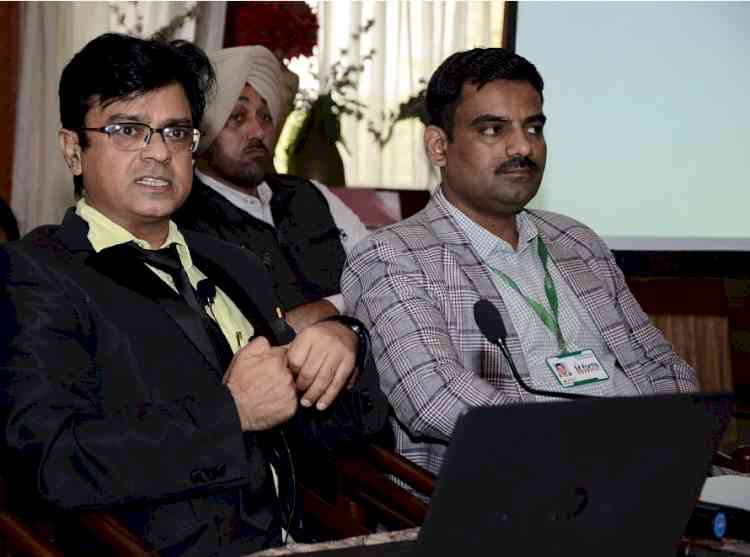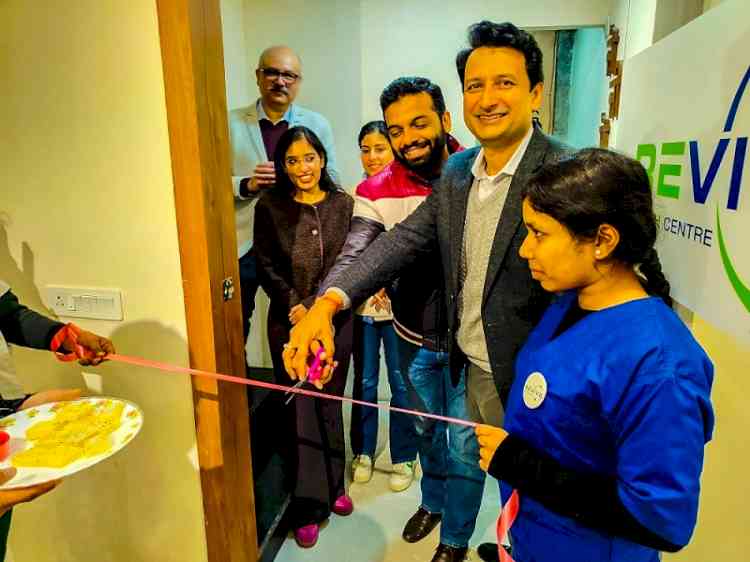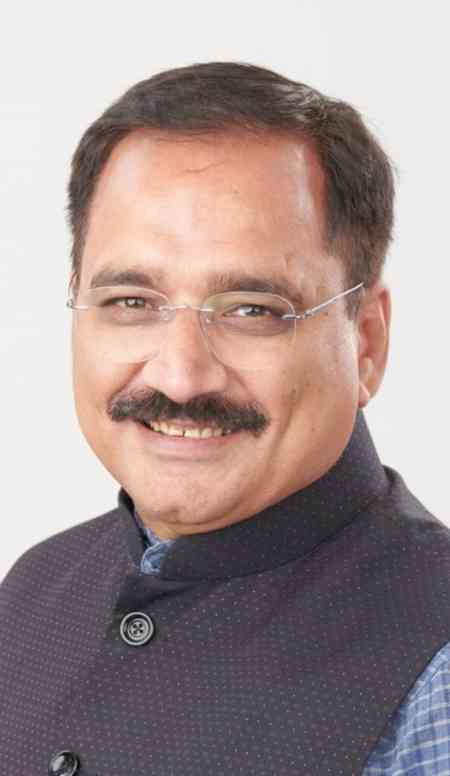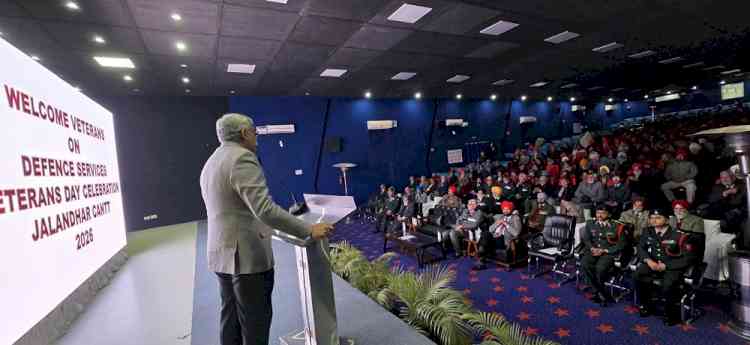Dr. Sandeep Sharma from Fortis Hospital Mohali successfully treats elderly patients suffering from complex neurovascular conditions via advanced technology
Flow Diverter and Mechanical Thrombectomy used for complex neurovascular conditions

Jalandhar, December 10, 2021: Dr Sandeep Sharma, Additional Director, Neurointerventional Radiology, Fortis Hospital Mohali, successfully treated two patients with complex neurovascular conditions – one with haemorragic stroke and another with thrombotic occlusive stroke -- using the most advanced treatment method of Flow Diverters and Retrieval Devices.
Dr Sharma recently treated a 51-year-old woman with a complex neurovascular aneurysm using a Flow Diverter. Jalandhar-based patient, Jasbir Kaur, had suffered a Haemorragic Stroke caused due to ruptured aneurysm.
An aneurysm is the enlargement of an artery caused by weakness in the arterial wall and warrants immediate medical intervention. A Flow Diverter is a new-generation stent placed in the parent artery near the aneurysm neck to disrupt the intra-aneurysmal flow. If left untreated, increased pressure inside the head can cause coma or death.
Patient Harmeet (name chaged) was suffering from hypertension, mouth deviation or paralysis of the facial nerve, stiffness of body and involuntary body movement. She approached Dr Sharma at Fortis Hospital Mohali on 17th June 2021 and underwent a CT Scan which revealed that she had a ruptured aneurysm of a distal brain artery. Incidentally, this distal artery, which is a pair in most people, was congenitally single and had developed a large aneurysm, which had now ruptured.
Dr Sharma operated on the patient the next day, during which the artery was repaired using a Flow Diverter and the aneurysm was treated with coils. Following good rehabilitation at Fortis Mohali, the patient had a fast recovery and was discharged nine days after the surgery. The patient has recovered fully and leading a normal life today.
In the second case Patient Krishan (name chaged), aged 70, had suffered a Thrombotic Occlusive Stroke. A thrombotic stroke occurs when a blood clot, also called a thrombus, forms and blocks blood flow through the artery in which it formed. If left untreated, the medical condition could have proved fatal. He was rushed to the Emergency Unit at Fortis Mohali.
Dr Sharma immediately performed Mechanical Thrombectomy, a type of minimally-invasive procedure wherein an interventional radiologist uses specialised equipment to remove a clot from a patient’s artery. The patient showed remarkable recovery and was discharged five days after the surgery.
Discussing how Flow Diverters and Mechanical Thrombectomy had revolutionised treatment of aneurysm and brain stroke, Dr Sharma, said, “These latest advanced procedures are used to treat help complex neurovascular conditions. Mechanical Thrombectomy can help save patients even 24 hours after suffering a stroke. The success rate is high and patients can resume their daily activities in a short period of time.”


 cityairnews
cityairnews 










